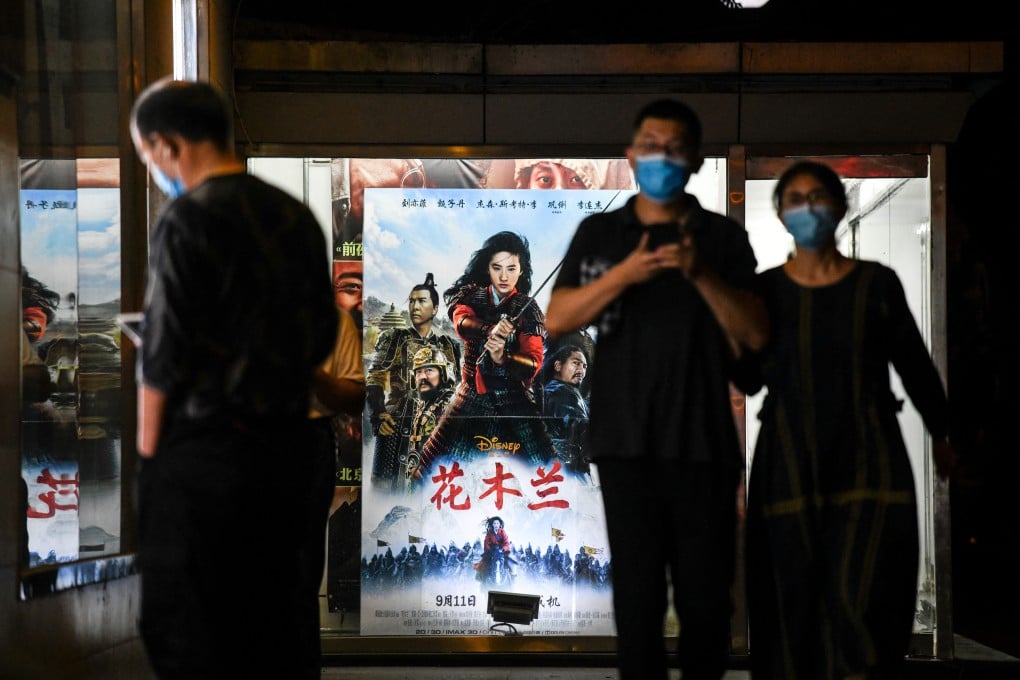China’s film fans spend on home-grown entertainment as Hollywood struggles amid pandemic and geopolitics
- Ticket sales for the first four days of the Lunar New Year holiday surpassed 2019 levels to around 4.5 billion yuan
- Chinese studios are now making high quality and culturally relevant films, leaving little room for mediocre American movies, says US producer

With China’s box office takings expected to return to near pre-pandemic highs in 2021, the world’s largest movie market is becoming more attractive – and more tricky – for Hollywood studios.
By contrast, with outbreaks still raging, US cinemas may take in about a third of that tally, Wedbush Securities estimates, underscoring Hollywood studios’ growing dependence on China.
“China’s market is now central to any major release,” said Aynne Kokas, a professor of media studies at the University of Virginia. “Diminishing market share presents a worrying picture for Hollywood studios” that may have been relying on China to recoup blockbusters’ budgets, she said.
The share of foreign films, including those from Hollywood, slipped to 16 per cent of Chinese ticket receipts in 2020 from 36 per cent the year before, according to ticketing platform Maoyan Entertainment. Fewer foreign films were released in China last year as studios’ plans went awry amid the pandemic.
The legal framework for Hollywood studios to get their films into China has also become less certain. An agreement with the US that saw China import at least 34 films a year expired in 2017 and has not been renewed or renegotiated. While the Chinese government has continued to allow American movies in, it could pull the plug on that access any time, particularly if it decides to use it as a diplomatic lever with new US President Joe Biden.